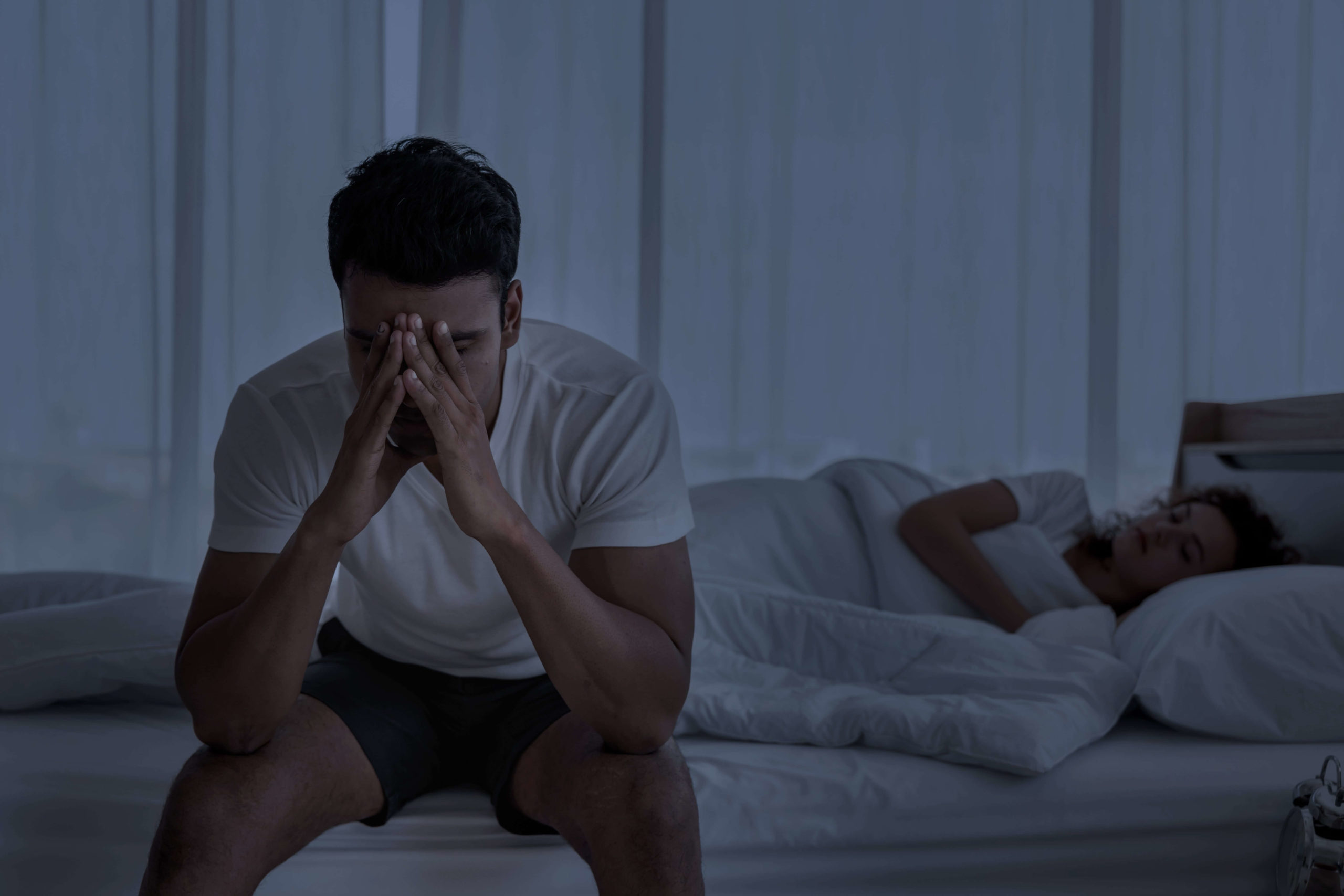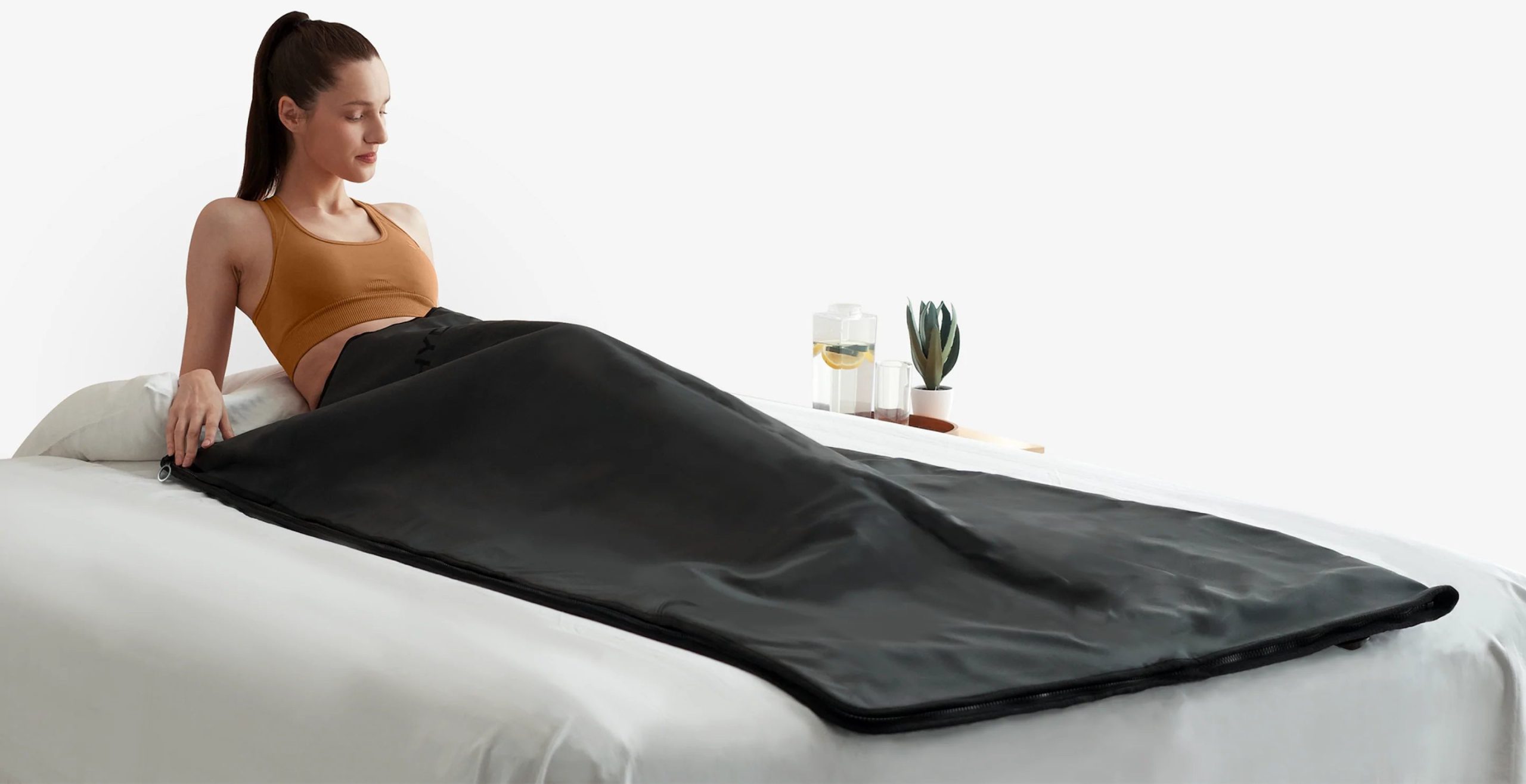What Helps Anxiety? Five Tips

Anxiety: What is it?
Anxiety is a prevalent emotion that is usually characterized by concern or apprehension. Physical signs such as tense muscles, quick breathing, and a rapid heartbeat are frequently associated with anxiety. You can be worried about your performance if you have a significant test or a large presentation. Uncertainty regarding the outcome of an event can lead to feelings of tension, worry, and anxiety.
Anxiety is normal in many situations and doesn’t always indicate a serious problem. On the other hand, prolonged anxiety or anxiety that adversely impacts several facets of your life may indicate the existence of an anxiety disorder. Anxiety disorders, which might include panic disorder, generalized anxiety disorder, and different phobias, are characterized by anxiety that lasts for a long time. Additionally, anxiety and other mental health issues—possibly even depression—can coexist.
Here are a few possible indications and symptoms of anxiety disorders:
Weary
elevated heart rate
Fear or panic attacks
Anxiety
Breathing difficulties
concentrating primarily on your anxiety or dread
Steer clear of specific circumstances
Problems with sleep
gastrointestinal problems
Sweating excessively
Ways to lessen the symptoms of anxiety
Although anxiety can be upsetting and uncomfortable, there are frequently strategies to deal with the symptoms of anxiety and provide some relief. Here are some suggestions to think about for those who want to reduce anxiety.
Establish a healthy sleep schedule and get enough sleep.
It can be crucial to get enough good sleep at night for a number of reasons. When you wake up feeling more in charge of your life, sleep typically allows your mind and body to refresh and renew energy levels. It can lift your spirits and make it easier for you to complete your everyday chores. Even on the weekends, making an effort to go to bed at the same hour every night may be beneficial. Your body might eventually begin to become fatigued at the same time every day if you continue doing this, which might make it simpler for you to fall asleep every night.
If you’re experiencing anxiety right now, try deep breathing.
Taking deep breaths can help reduce anxiety. Breathing deeply allows your body to stabilize your breathing and may also give you a minute to focus and adjust your breathing pattern, as anxiety frequently results in rapid or shallow breathing. You can occasionally see a stressful issue from a different angle if you remove yourself from it for a little while. Every time you feel your tension or worry rising, try to pause and take a few deep breaths.
Consume nutrient-rich foods frequently.
Consuming a nutritious diet has advantages beyond your physical well-being. It may also be advantageous for mental wellness. Many of us turn to junk food, sugary meals, or other “comfort foods” when we’re upset or nervous. This may not be the best idea, even though it can be understood. Rather, make an effort to eat a balanced diet and think about cutting back on coffee, which can make anxiety worse. Furthermore, some foods may also reduce anxiety. For example, a 2011 randomized control experiment discovered that for certain people, consuming more omega-3 fatty acids in their diet can reduce anxiety.
Recognize stressors as they appear.
It could also be beneficial to attempt to pinpoint the source of your anxiety. These things could be apparent to you in certain situations, but they might be harder to identify in others. Keeping a journal to document your emotions and actions can be one strategy to take into consideration in order to identify any patterns. Maybe you’ve noticed that your anxiety tends to increase before or after specific routines or social situations. Finding out what might be causing these emotions might help you make adjustments to either get rid of the pressures or come up with better coping mechanisms.
Spend some time challenging your nervous ideas.
Reducing anxiety may also benefit from challenging worried thoughts. For instance, you might be able to remember an instance when you took a similar action and it worked out well if your brain is telling you that you should be nervous about a particular circumstance. This is a method that might be most effective when a licensed therapist is involved as well. A certified therapist may give you more advice, clarify how this process operates, and provide pointers on how to put it into practice in your daily life.
How internet counseling might be beneficial
Even though the advice above might be useful, there are situations when anxiety management is just too tough to handle on your own. Another alternative for people who would like further support is to seek professional assistance through therapy. Therapy may be able to assist you in gaining important skills to help you handle certain situations more skillfully, challenging anxious ideas, and managing your anxiety in healthy ways.
Finding a therapist, moving to a new place, and navigating an unfamiliar environment can be quite intimidating to people who struggle with anxiety. The advantage of online treatment is that it’s usually accessible from any location with an internet connection. You can easily connect with a therapist online, and you can meet for therapy sessions from your home or any other comfortable place.




